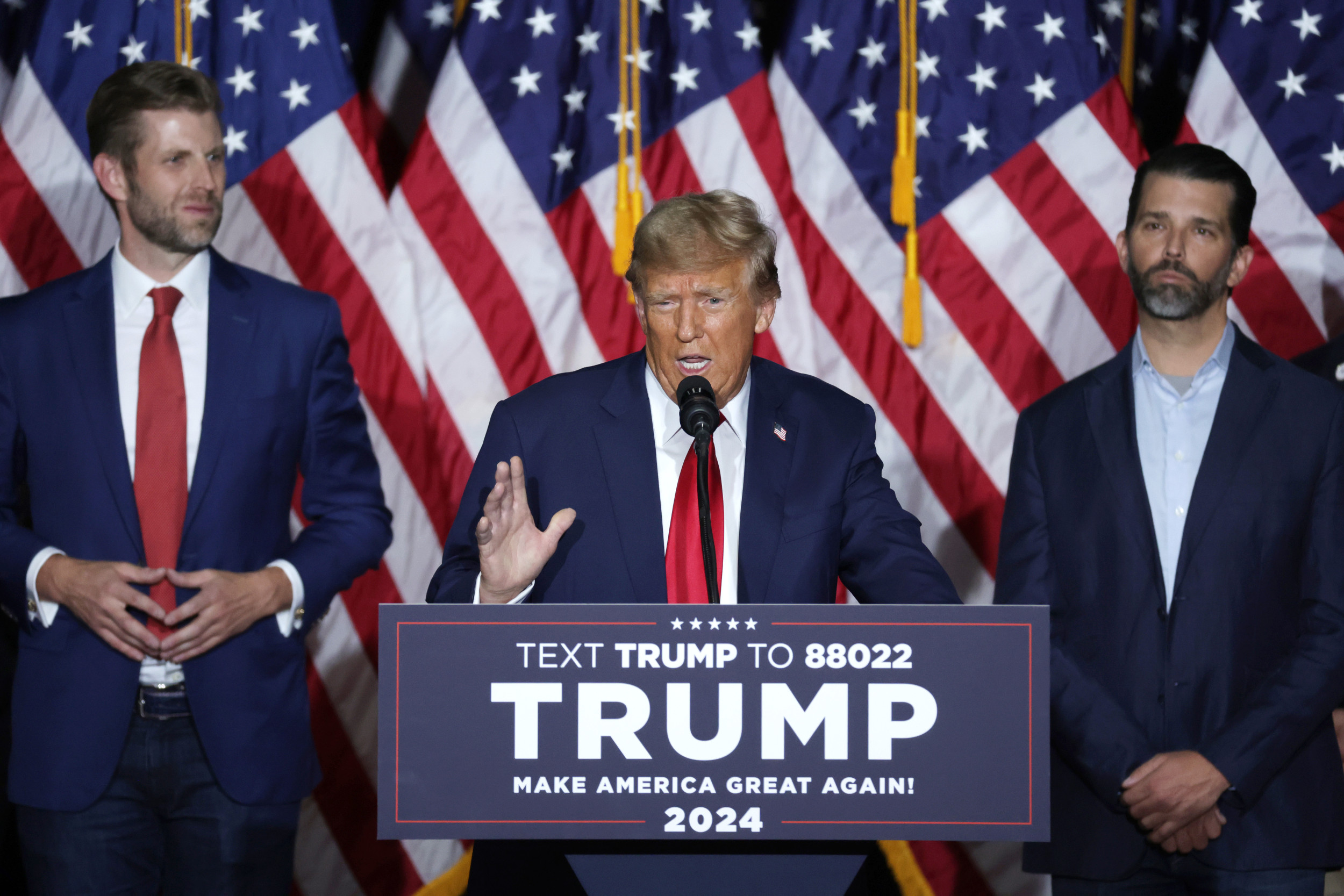A group of Republican senators wrote to the heads of the U.S. Treasury and Defense departments last week requesting they review a Chinese subsidiary's purchase of farmland in North Dakota.
The move by Florida Senator Marco Rubio and North Dakota Senators Kevin Cramer and John Hoeven was the latest unexpected development in response to the agribusiness's investment plan, which is coming under national scrutiny because of tentative ties to Beijing.
Fufeng USA, a subsidiary of Hong Kong-listed Fufeng Group, purchased a parcel of farmland in Grand Forks for $2.6 million this year for the construction of a wet corn mill, which will extract ingredients for animal feed sold in North America.
When the city announced the project toward the end of last year, officials celebrated what they predicted would be hundreds of new jobs. But quiet concerns about national security in the Midwestern state have suddenly reached Capitol Hill.
In their July 14 letter, the lawmakers urged Treasury Secretary Janet Yellen and Defense Secretary Lloyd Austin to ensure the purchase was screened by the Committee on Foreign Investment in the United States (CFIUS), which reviews foreign investments with national security implications. Among the top issues is the farmland's relative proximity to a U.S. Air Force base.

"We believe that a full CFIUS review would clarify whether the purchase of this land, by Fufeng Group, carries national security implications," the senators wrote.
"This property is approximately 12 miles from Grand Forks Air Force Base, which has led to concern that Fufeng operations could provide cover for [People's Republic of China] surveillance or interference with the missions located at that installation, given Fufeng Group's reported ties to the Chinese Communist Party [CCP]," the letter read.
The ties are apparently through Fufeng Group's chairman, Li Xuechun, who reportedly is a member of the CCP and was in regular attendance at party functions in Shandong, the province in eastern China where the company is headquartered. Li wouldn't be the first head of a major firm to have pledged loyalty to China's ruling party, on whose blessing he relies for smooth business operations.
However, under the current climate, even Fufeng USA's vague affiliation with Beijing through its parent company's chairman is enough to give sections of the Grand Forks public pause. Ongoing complaints and protests by community groups have given the proposed agricultural project national attention in the country, leading to last week's intervention by Rubio and company.
"PRC investments in the United States demand scrutiny. We therefore urge you, through CFIUS, to determine whether this project has national security implications and inform us when such a review is completed," they told Yellen and Austin.
Rubio, a vice chair of the Senate Intelligence Committee, is a fierce critic of the CCP's repressive policies at home, but is an even stauncher skeptic when it comes to China's economic influence in the U.S.—the product of decades of engagement, leading to mutual dependence and possibly the most important trading relationship in the world.
His concerns, although originating in a North Dakotan city of just under 60,000, have legs on Capitol Hill. The committee's Democratic chairman, Virginia Senator Mark Warner, agrees with Rubio's assessment.
He told CNBC earlier this month: "The Senate Intelligence Committee has been loudly sounding the alarm about the counterintelligence threat posed by the PRC. We should be seriously concerned about Chinese investment in locations close to sensitive sites, such as military bases around the U.S."
There are real concerns about the future corn mill's location off Grand Forks Air Force Base, despite what currently amounts to speculation China's capacity for espionage in the Midwest. Proponents of the deal also argue Americans—not Chinese—will benefit.
"With Fufeng in Grand Forks, it will be North Dakota—not China—that reaps the benefits of the jobs, facilities, economic activity and tax revenue associated with processing the corn," the state's Republican governor, Doug Burgum, told The New York Times in a story published on Sunday.
Liu Pengyu, a spokesperson for the Chinese Embassy in Washington, told the Times: "We oppose the malicious generalization of the concept of national security."
Last July, a Politico report, citing Agriculture Department statistics for 2020, said Chinese companies controlled about $1.9 billion worth of agricultural land. It amounted to about 192,000 of the nearly 900 million acres of total American farmland.
The U.S. imports the most from China, and the majority of American exports go to the Chinese market. Despite the political animosity between the two governments, and the urgency with which the Trump and Biden administrations have moved to reduce reliance in critical sectors, many analysts continue to warn that decoupling could lead to catastrophic outcomes for both economies.
The case of Fufeng USA is a symptom of the intense U.S.-China rivalry, and the degree to which national politics has trickled down to local communities in American farm country, where distrust in China and its various association—however vague—is equally strong.
It's the outcome of consistent U.S. government messaging about China as America's greatest systemic challenge this century and the next, the competition playing out in every realm from global governance and trade to high technology and military capabilities.
Fufeng USA has volunteered its plans for review by CFIUS. But even if it results in nothing actionable, it's unclear whether it would be enough to satisfy lawmakers and sectors of the American public.
Uncommon Knowledge
Newsweek is committed to challenging conventional wisdom and finding connections in the search for common ground.
Newsweek is committed to challenging conventional wisdom and finding connections in the search for common ground.
About the writer
John Feng is Newsweek's contributing editor for Asia based in Taichung, Taiwan. His focus is on East Asian politics. He ... Read more
To read how Newsweek uses AI as a newsroom tool, Click here.





